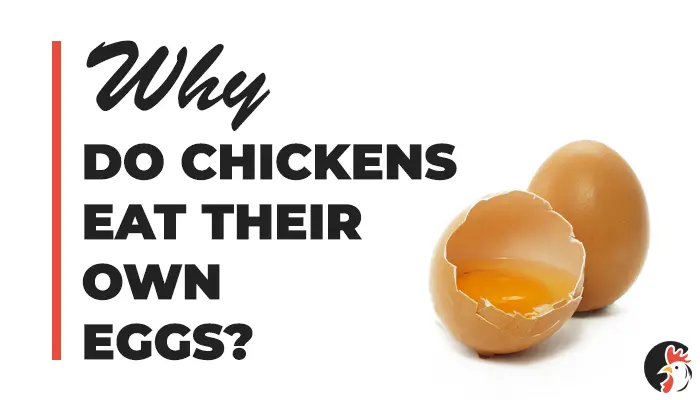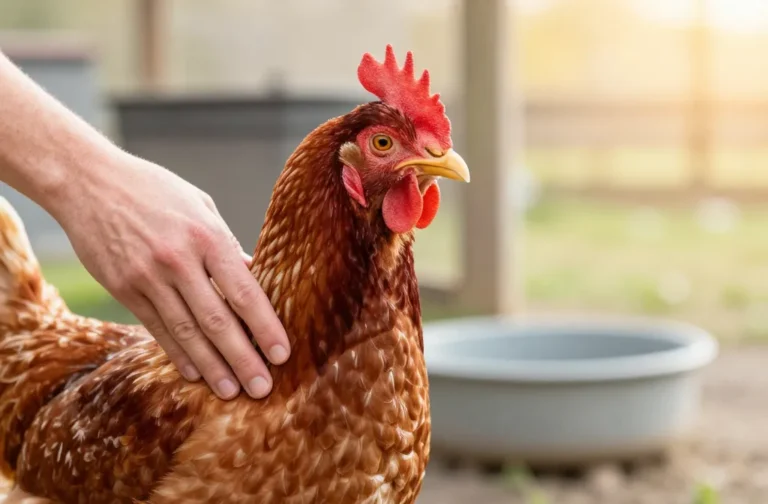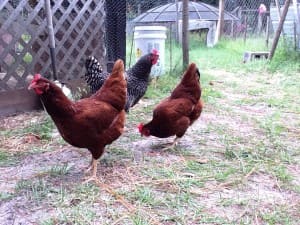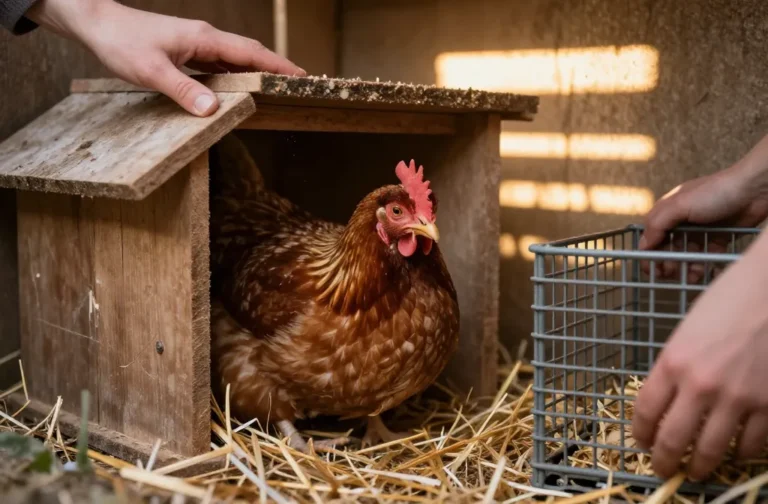Why Do Chickens Eat Their Own Eggs and How to Stop Them
Egg-eating is a troubling behavior for poultry keepers, as it reduces the productivity of a flock and can quickly become a persistent issue. Understanding why chickens develop this habit and implementing effective strategies to stop it is crucial for maintaining a healthy, productive coop. This article delves into the reasons behind egg-eating behavior and provides practical solutions to prevent and manage it.
Why Do Chickens Eat Their Own Eggs?
Chickens eat their own eggs for various reasons, often stemming from environmental, nutritional, or behavioral factors. Here’s a closer look:
1. Nutritional Deficiencies
A chicken’s diet plays a pivotal role in preventing egg-eating behavior. When chickens lack key nutrients, they may resort to eating eggs as a source of:
- Protein: Essential for feather growth, egg production, and overall health.
- Calcium: Critical for strong eggshells and bone health.
2. Environmental Factors
The conditions within the coop significantly influence a chicken’s habits. Common environmental triggers include:
- Overcrowding: Stress from limited space can lead to aggressive behaviors, including egg-eating.
- Inadequate Nesting Boxes: Insufficient or poorly designed nesting areas increase the likelihood of broken eggs.
- Excessive Light Exposure: Bright or constant light in nesting areas can stress chickens and disrupt their laying routine.
3. Behavioral Causes
Some egg-eating behaviors arise from psychological or social factors within the flock:
- Boredom: Lack of mental stimulation can lead chickens to peck at their eggs.
- Stress: Changes in routine, predator threats, or harsh weather conditions can prompt destructive behaviors.
- Pecking Order Dynamics: Dominant chickens may exhibit this behavior to assert control.
4. Accidental Discovery
Sometimes, the behavior begins innocently—when a chicken accidentally breaks an egg and consumes it. If the taste appeals to them, it may become a habit.
How to Identify Egg-Eating Chickens
Catching the culprit is critical for addressing the problem. Look for:
- Physical Evidence: Residue of yolk or eggshells on a chicken’s beak or feathers.
- Behavioral Observations: Use cameras or spend time watching the flock, especially around nesting boxes.
- Unexplained Egg Loss: A sudden decline in collected eggs may indicate egg-eating activity.
How to Stop Chickens from Eating Their Own Eggs
Addressing egg-eating requires a multifaceted approach that targets diet, environment, and behavior.
1. Nutritional Interventions
Providing a balanced diet is the first step:
- Boost Calcium Intake: Offer crushed oyster shells or limestone in a separate feeder.
- Ensure Protein Sufficiency: Include high-protein feed or supplements such as mealworms.
- Provide Quality Feed: Use a commercial feed designed for laying hens.
2. Environmental Modifications
Creating a conducive coop environment can deter egg-eating:
- Nesting Box Improvements:
- Add more nesting boxes (1 box per 4 hens is ideal).
- Use roll-away nesting boxes to prevent access to laid eggs.
- Keep nesting areas dim and private to reduce stress.
- Space Management: Ensure chickens have adequate room to move and perch, with at least 4 square feet per bird in the coop.
- Reduce Stress Triggers: Provide consistent feeding times, predator-proof the coop, and offer weather protection.
3. Behavioral Strategies
Implement simple yet effective techniques to curb egg-eating:
- Frequent Egg Collection: Gather eggs multiple times a day to reduce the chance of accidental breakage.
- Dummy Eggs: Place fake eggs or golf balls in nesting boxes. This discourages pecking and teaches chickens that eggs are not a food source.
- Deterrents: Fill a hollowed egg with mustard or vinegar, substances chickens typically dislike.
4. Preventing the Spread of Behavior
Egg-eating can spread through imitation. To prevent this:
- Isolate the Culprit: Separate egg-eating chickens from the flock temporarily.
- Monitor Flock Behavior: Keep an eye on other chickens to ensure they don’t adopt the habit.
Frequently Asked Questions (FAQs)
How Can I Tell Which Chicken is Eating Eggs?
Look for chickens with egg residue on their beaks or feathers and observe their behavior around nesting boxes.
Is It Harmful for Chickens to Eat Their Own Eggs?
While occasional egg consumption isn’t harmful, it can lead to nutrient imbalances and reduced flock productivity.
Can Egg-Eating Behavior Be Reversed?
Yes, with proper interventions such as dietary adjustments, environmental improvements, and behavioral strategies, egg-eating can often be stopped.
Will Feeding Eggshells to Chickens Encourage Egg-Eating?
No, if properly crushed and mixed with feed, eggshells can provide a valuable calcium source without encouraging bad habits.
How Long Does It Take to Stop Egg-Eating Behavior?
The timeline varies, but consistent efforts typically show results within a few weeks.
Conclusion
Egg-eating in chickens can be a frustrating challenge, but with a thoughtful approach that addresses nutritional, environmental, and behavioral factors, it is possible to eliminate this habit. By understanding the root causes and implementing practical solutions, you can maintain a happy, productive flock.
Share this content:





